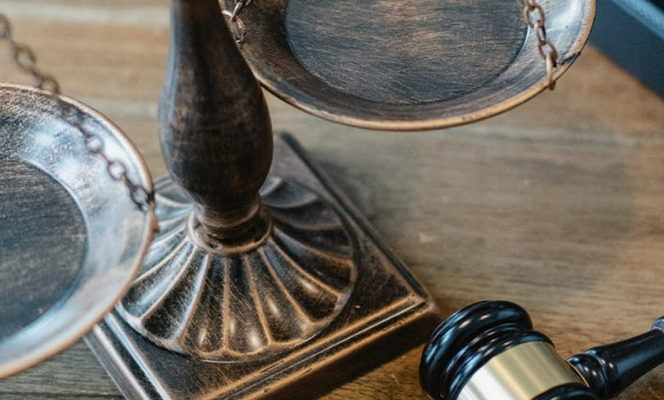I recently spent an evening watching videos and reading news articles about a problem I hadn’t known existed: Squatters are moving into houses that are temporarily empty and then using the courts to delay their removal, using laws designed to protect renters from unfair treatment by landlords.
In a typical story, a homeowner returns from vacation, finds people living in his home who claim to have a lease, calls the police to get them out, and ends up getting arrested himself.
The squatters have learned—and shared on social media—that since the police can’t determine the validity of a lease on the spot, everything has to go through the courts. That takes months, which is exactly what the squatters are relying on. The renter-protection laws require the courts to treat the leases as valid until they can be proven to be invalid.
But one video in particular caught my attention. In this case, a guy was alerted to the presence of squatters on a property that he owns. He showed up to throw them out. One squatter pointed a BB gun at him, which he didn’t know wasn’t a real gun. So the owner shot the squatter.
I don’t know how this will all play out in the criminal justice system. But when the news station was interviewing residents of the neighborhood where this happened, their attitude seemed to be: Man, you break into someone’s house like that, you deserve what you get.
And it occurred to me that there would be at least one person like that on any randomly selected jury — that is, a jury that hasn’t been diluted in order to prevent it from fulfilling its primary obligation, which is to represent a cross-section of views in the community.
That is, a judge is perfectly competent to decide what facts are relevant and allowable and to come to a conclusion about whether a defendant broke the law. We have juries to find out whether some reasonable number of people in a community, put in the same position as the defendant, would conclude: Hell, I’m not going to convict this guy, because I would have done the damn same thing.
Look at how long it took to seat a jury for Trump’s current Manhattan show trial. Jury selection was essentially a process designed to remove people who would have this reaction: Hell, I’m not going to convict this guy because I would have done the damn same thing.
Which is to say, a process designed to suppress the views of a significant part of the community. Next time you hear about the outcome of any criminal trial, keep this in mind.
Some day you might be the one on trial for doing something that any perfectly normal person would have done in your position. In that case, what kind of jury would you want?
